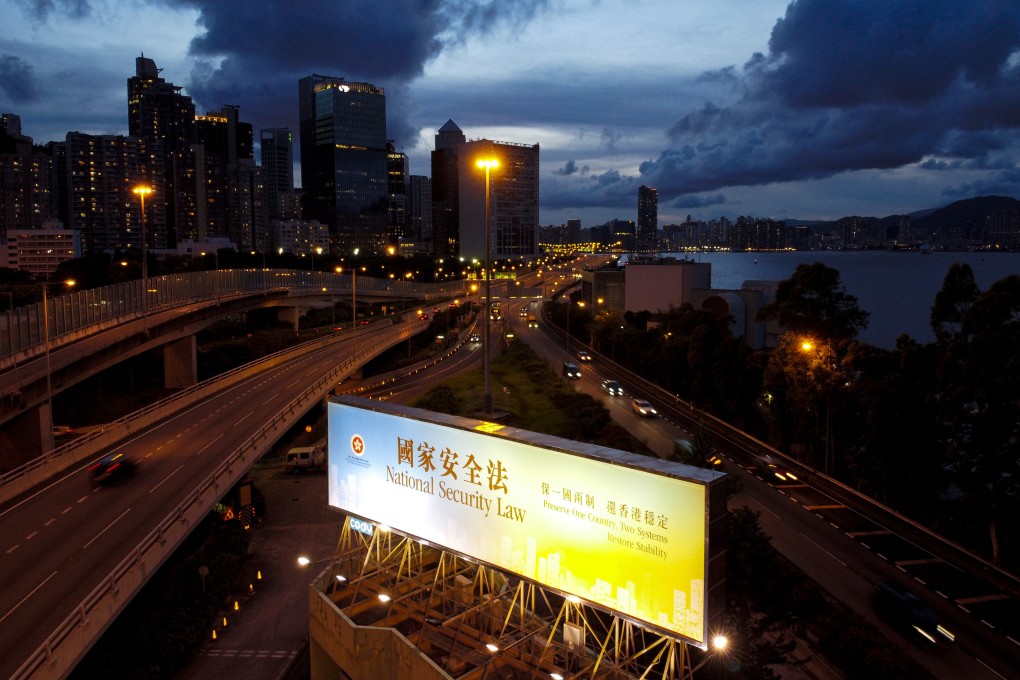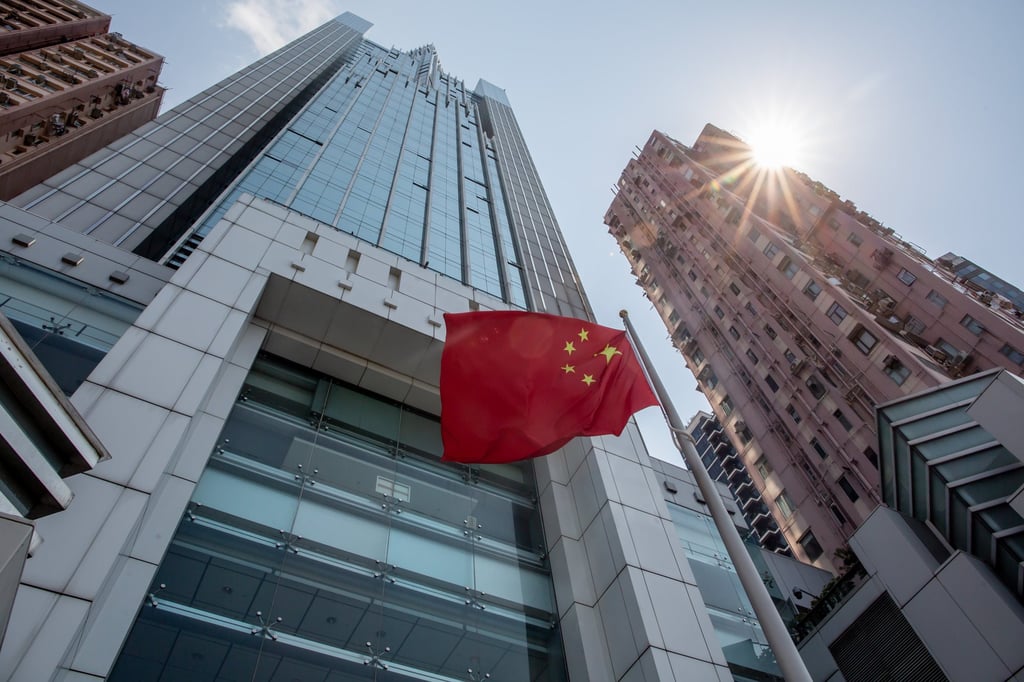‘Abandon arrogance, face fact that national security law has restored stability in Hong Kong’: Beijing to UN Human Rights Committee on report proposing repeal of legislation
- Chinese government’s foreign ministry, the Hong Kong and Macau Affairs Office and Beijing’s liaison office all hit back at UN report that expressed ‘grave concern’
- Spokesman also slams EU’s support for UN report, accusing body of ‘hyping up Hong Kong-related issues’

The Chinese government’s foreign ministry, the Hong Kong and Macau Affairs Office (HKMAO), and Beijing’s liaison office in Hong Kong all hit back on Thursday after a report released by the UN committee expressed “grave concern” at an “overly broad interpretation” and “arbitrary application” of the security legislation.
It also called for reform of Hong Kong’s electoral system to increase the number of directly elected seats in the Election Committee, a powerful body that selects the city’s leader, and the Legislative Council.

In a statement released by Xinhua, the Chinese state press agency, a spokesman for the cabinet-level HKMAO expressed “firm opposition and strong dissatisfaction” over the UN report, calling comments in the paper “biased and untrue”.
“The promulgation and implementation of the national security law in Hong Kong has helped to restore the rule of law and order, protect residents’ peaceful [lives], bring economic and social development back on track, and promote Hong Kong’s transition from chaos to governance.”
The spokesman also insisted the security law “prevents, stops and punishes illegal acts” by a small minority of people, and guaranteed the rights and freedoms enjoyed by residents. He suggested that the UN needed to be “objective” in promoting human rights.
“We sincerely hope that the future reports of the UN Human Rights Committee will be more factual and less biased and fallacious in the future,” he added.